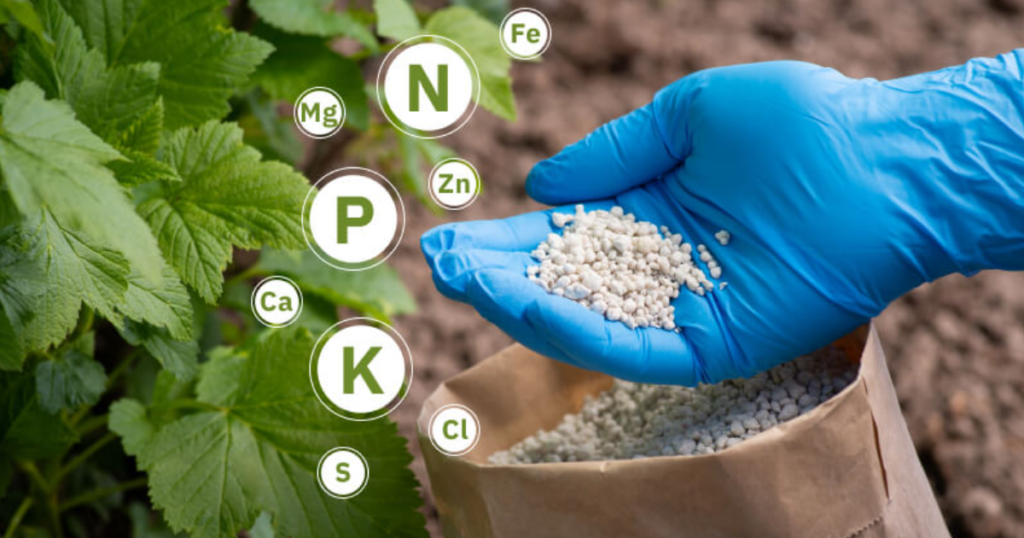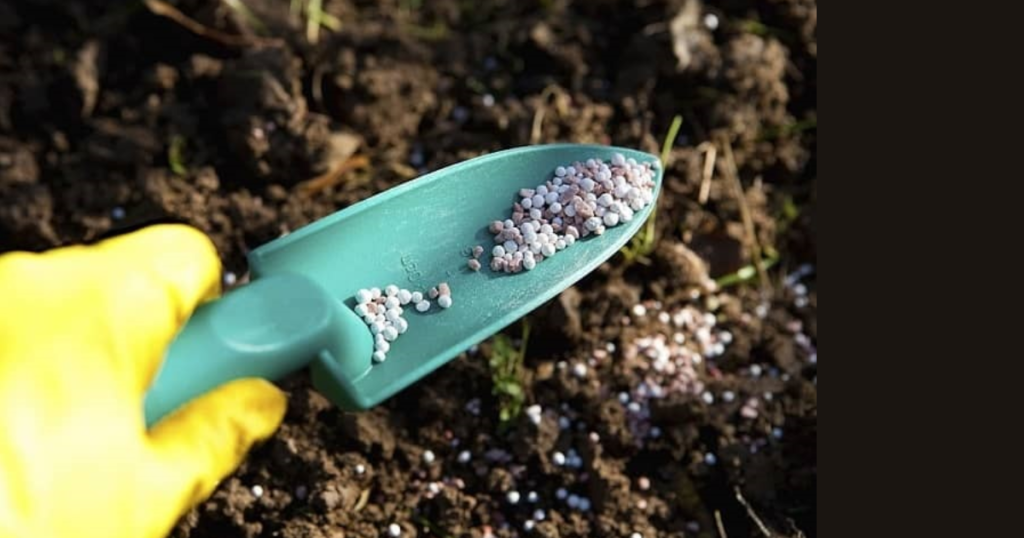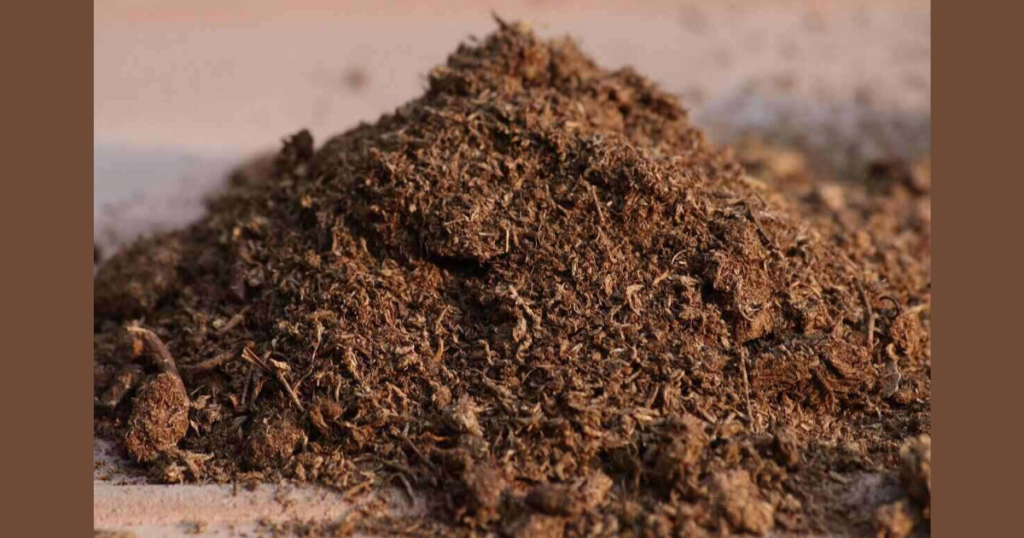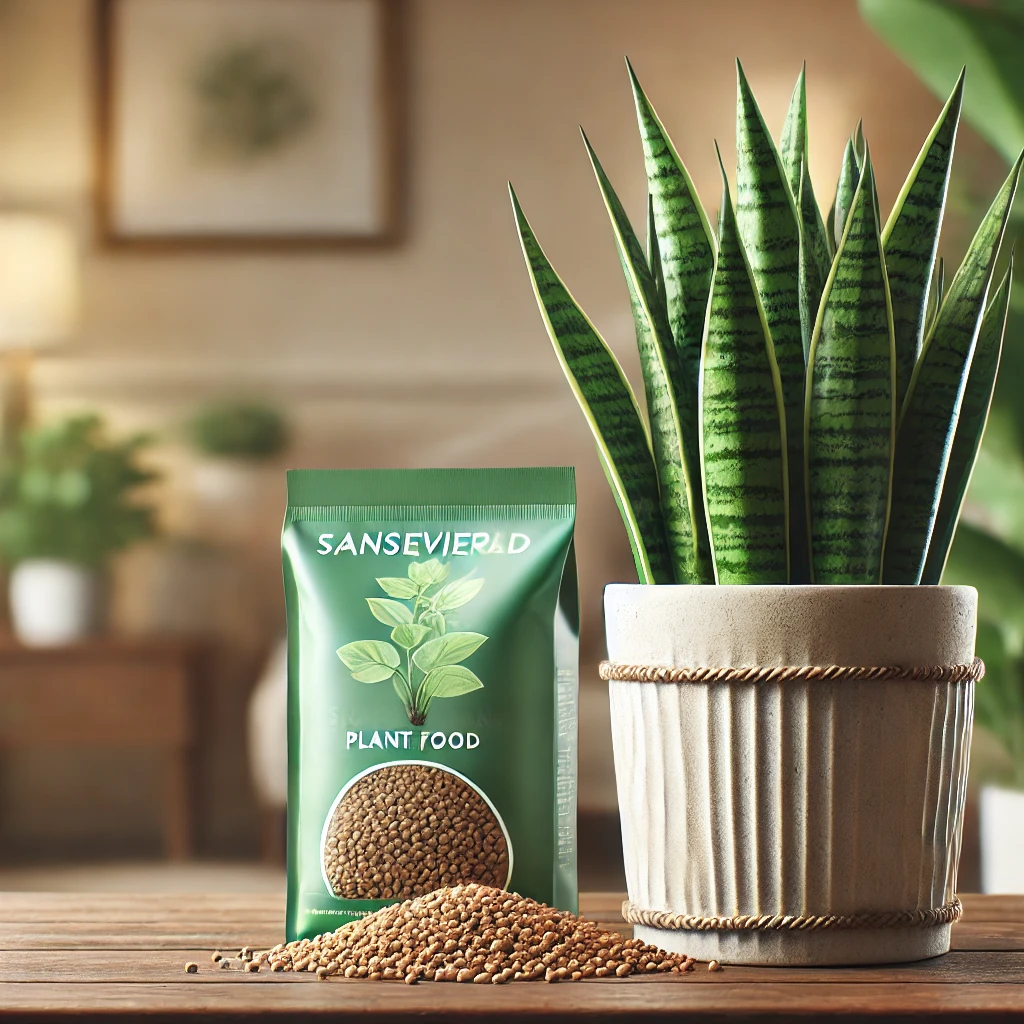Introduction
Snake plants, also known as Sansevieria or Mother-in-law’s tongue, are celebrated for their resilience and air-purifying qualities. While these hardy houseplants can survive in less-than-ideal conditions, providing them with the right Fertilizer for snake plant ensures they thrive and maintain their vibrant appearance. Fertilizer plays a crucial role in boosting growth, enhancing leaf health, and supporting overall plant vitality.
In this blog, you’ll discover everything you need to know about fertilizing snake plants, from understanding their nutritional needs to avoiding common mistakes. Keep reading to become an expert in snake plant care, and don’t forget to join me for more gardening tips and updates.

Why Do Snake Plants Need Fertilizer?
Snake plants are really strong and easy to take care of, but just like any other plant, they still need some nutrients to thrive. Using fertilizer helps add important stuff to the soil, like nitrogen, phosphorus, and potassium, which helps the plant grow healthy leaves and strong roots. When you fertilize your snake plant, you can:

- Encourage faster growth.
- Maintain healthy, deep green leaves.
- Improve the plant’s ability to resist pests and diseases.
Understanding the Nutritional Needs of Snake Plants

Snake plants require specific nutrients to grow and thrive:
- Nitrogen (N): Vital for leaf development and overall growth.
- Phosphorus (P): Strengthens the root system and enhances flowering (if applicable).
- Potassium (K): Improves overall plant health and resistance to stress. A balanced fertilizer with an NPK ratio of 10-10-10 or 20-20-20 works well for snake plants.
When to Fertilizer for snake plant?

Snake plants are most active during the growing seasons of spring and summer. Fertilizing during these months ensures the plant has all the nutrients it needs to produce new growth. Avoid fertilizing in the winter when the plant is dormant, as it may lead to overfeeding and root damage.
Types of Fertilizers Suitable for Snake Plants

- Organic Fertilizers: Compost tea, fish emulsion, or worm castings provide natural nutrients.
- Synthetic Fertilizers: Liquid houseplant fertilizers or granules are effective and easy to use.
- Homemade Fertilizers: Diluted coffee grounds or banana peel water offer an eco-friendly option.
How to Apply Fertilizer to Snake Plants?
Follow these steps to fertilize your snake plant effectively:

- Choose a fertilizer suitable for houseplants and dilute it to half the recommended strength.
- Water your plant lightly before applying fertilizer to prevent root burn.
- Apply the fertilizer directly to the soil, avoiding contact with the leaves.
- Repeat this process once a month during the growing season.
Common Mistakes to Avoid While Fertilizing Snake Plants

- Over-fertilizing: Too much fertilizer can cause root burn and leaf discoloration.
- Using undiluted fertilizer: Always dilute fertilizers to protect the plant.
- Fertilizing during dormancy: Snake plants do not require additional nutrients in the winter months.
Signs Your Snake Plant Needs Fertilizer
Your snake plant might be asking for a nutrient boost if you notice:

- Slow growth despite adequate light and water.
- Yellowing or pale leaves.
- Weak or stunted foliage.
The Role of Soil in Snake Plant Fertilization

Well-draining soil is essential for snake plants. A mix of cactus or succulent soil combined with perlite or sand ensures proper drainage, allowing the fertilizer to reach the roots without waterlogging.
FAQs
- Can I use an all-purpose fertilizer for snake plants?
Yes, but ensure it’s diluted to half strength to avoid over-fertilization.
- How often should I fertilize snake plants?
Once a month during spring and summer is ideal.
- What happens if I over-fertilize?
Over-fertilizing can lead to root burn, yellowing leaves, and overall plant stress.
Conclusion
Taking care of your snake plant with the right fertilizer is super important for keeping its leaves bright and healthy. Knowing what nutrients your plant needs, using the right kind of fertilizer, and steering clear of common mistakes will help your snake plant flourish. Whether you choose organic or chemical fertilizers, being consistent and attentive really matters.
If you liked this guide, feel free to share it with your friends who love plants too, and stick around for more tips on indoor gardening. Let’s work together to make our world a little greener, one plant at a time!



